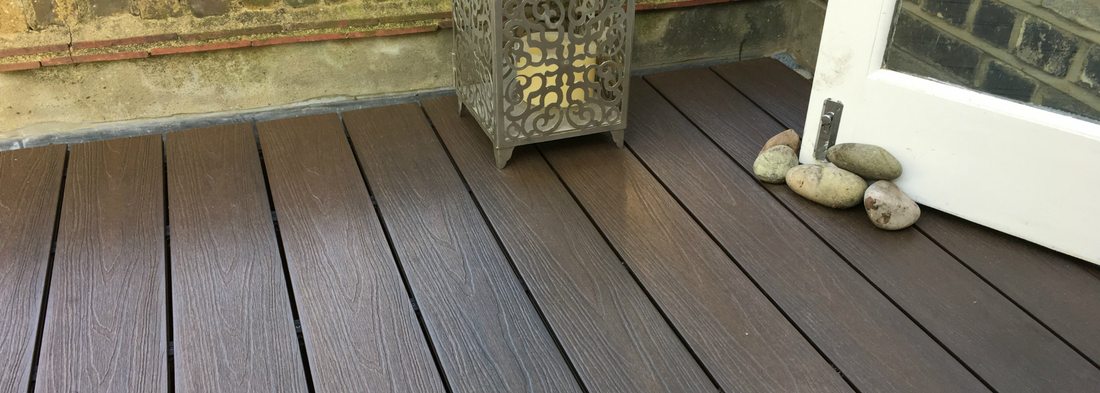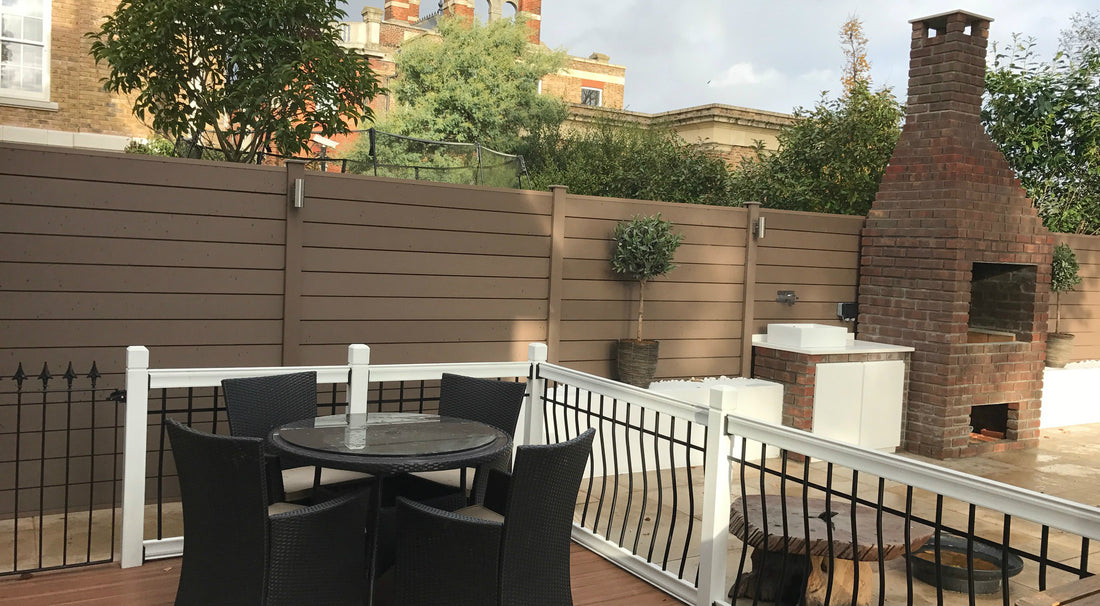
Composite Decking: Can It Rot? Unveiling the Durability of Your Outdoor Oasis
Composite Decking Rot Resistance: Ensuring a Durable Outdoor Haven
Discover the facts about composite decking and its exceptional resistance to rot. Explore the benefits of this durable outdoor material for your garden furniture and outdoor space.
Introduction:
Composite decking has emerged as a popular choice for outdoor spaces due to its impressive durability, low maintenance, and aesthetic versatility. However, one common question that homeowners often ask is whether composite decking can rot. In this comprehensive blog post, we will explore the characteristics of composite decking, including garden furniture, garden chairs, garden table and chairs, and more, to provide clarity on this important issue.
Understanding Composite Decking:
Before addressing the topic of rot, it's essential to have a solid understanding of what composite decking is. Composite decking is a modern outdoor building material made from a blend of wood fibres, recycled plastics, and binding agents. It is renowned for its resistance to rot, decay, and splintering, making it an ideal choice for decks and outdoor spaces.
Composite Decking and Rot: The Facts
Composite decking is engineered to be highly resistant to rot, but let's take a closer look at why:
1. Material Composition:
Composite decking's composition includes synthetic lumber for decks and artificial lumber, both of which are chosen specifically for their resistance to moisture and rot. This aligns with keywords like garden furniture and garden table and chairs.
2. Water Resistance:
Unlike traditional wood decking, composite decking does not absorb water. This means it won't swell, warp, or rot when exposed to moisture, such as rain, snow, or humidity.
3. Decay Resistance:
Composite decking is not susceptible to the decay caused by fungi or insects, which is a common issue with natural wood.
4. Splinter-Free Design:
The absence of splinters in composite decking not only enhances safety but also prevents potential entry points for moisture that could lead to rot.
Advantages of Composite Decking's Rot Resistance:
Longevity: Composite decking's resistance to rot extends its lifespan, providing a durable and long-lasting outdoor surface for your garden furniture and other outdoor elements.
Low Maintenance: Unlike wood decking, which requires regular staining and sealing to combat rot, composite decking is virtually maintenance-free.
Aesthetic Appeal: With minimal risk of rot, composite decking maintains its appearance, ensuring your outdoor space remains beautiful year after year.
Conclusion:
In conclusion, composite decking is engineered to be highly resistant to rot, making it a durable and reliable choice for your outdoor oasis. Its composition, water resistance, decay resistance, and
splinter-free design are key factors that contribute to its durability. When you choose composite decking for your outdoor projects, you're investing in a surface that not only balances aesthetics with functionality but also offers the peace of mind that your outdoor elements, including garden chairs and garden furniture table and chairs, will remain in excellent condition for years to come. Enjoy the beauty and longevity of composite decking without the worry of rot, and make the most of your outdoor living space with confidence.















